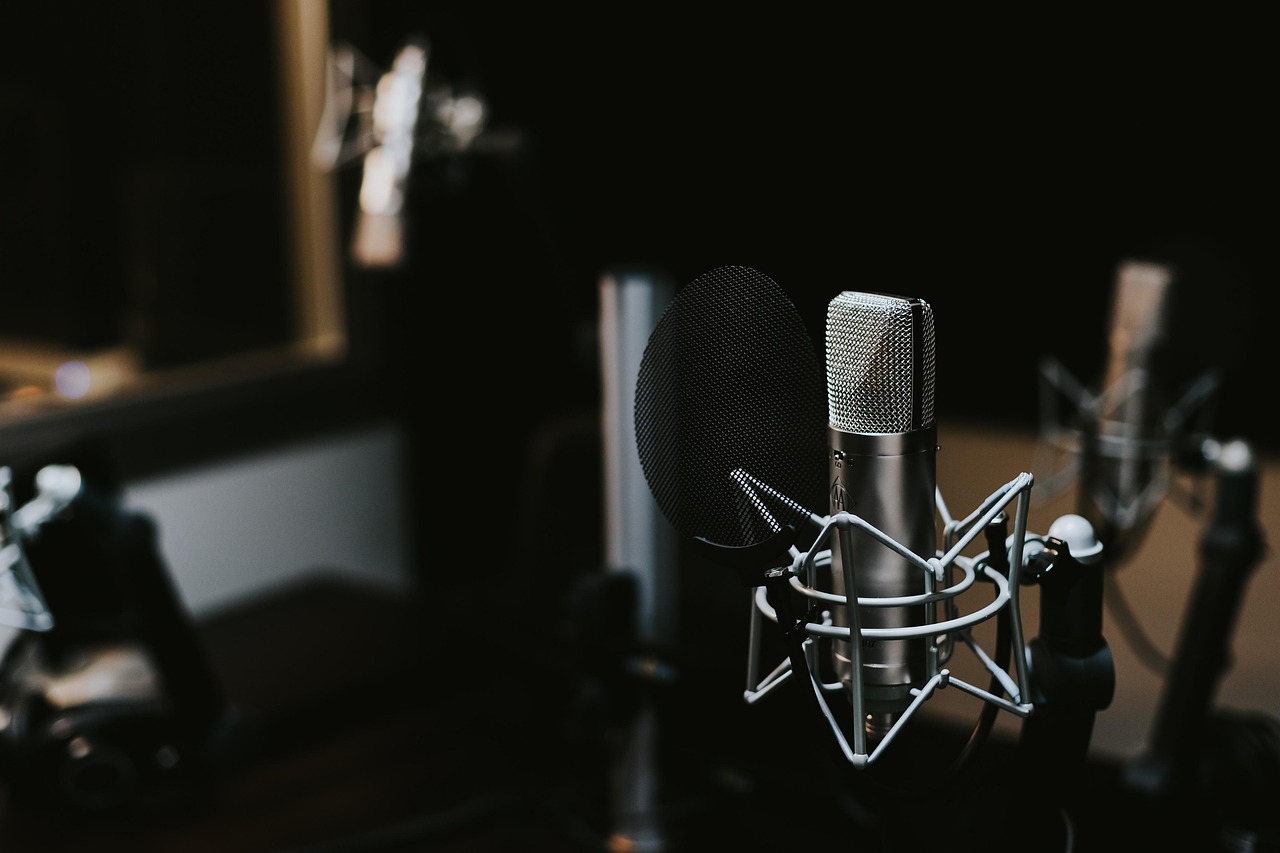


Emotional Storytelling Through Music Composition
Narrative Music Composition Mastery
Advanced composition techniques for narrative-driven music in film, television, and interactive media. Learn the psychological and emotional impact of harmonic language, thematic development, and musical storytelling from award-winning composers and music psychologists.
Psychology of Musical Emotion
- Emotional Response: How music triggers emotional responses and psychological states
- Cultural Context: Universal vs. cultural musical emotional associations
- Memory & Association: Musical memory and emotional recall mechanisms
- Physiological Impact: Heart rate, breathing, and physical responses to music
- Neurological Basis: Brain response to harmony, rhythm, and musical structure
Harmonic Storytelling Techniques
- Tonal Centers: Key relationships and their emotional implications
- Modal Harmony: Dorian, Phrygian, and other modes for specific emotional colors
- Chromatic Harmony: Advanced harmonic techniques for complex emotions
- Voice Leading: Smooth and dramatic voice leading for emotional flow
- Tension & Release: Creating and resolving musical tension for narrative impact
Thematic Development
- Leitmotif Construction: Creating memorable and meaningful character themes
- Motivic Transformation: Developing themes to reflect character growth
- Interval Relationships: Using specific intervals for emotional characterization
- Rhythmic Identity: Rhythmic patterns as character and emotion identifiers
- Thematic Interaction: Combining and contrasting themes for narrative complexity
Orchestration for Emotion
- Instrumental Colors: Specific instruments for emotional expression
- Register Usage: High, middle, and low registers for different emotional impacts
- Dynamic Architecture: Building emotional intensity through dynamics
- Textural Density: Sparse vs. dense orchestration for emotional effect
- Ensemble Combinations: Specific instrument combinations for targeted emotions
Rhythm & Meter Psychology
- Pulse & Heart Rate: Synchronizing musical pulse with natural rhythms
- Metric Modulation: Changing time signatures for emotional transitions
- Syncopation Effects: Rhythmic displacement for tension and excitement
- Polyrhythmic Layers: Multiple rhythmic layers for complex emotions
- Silence & Space: Using rests and silence for emotional impact
Genre-Specific Approaches
- Romantic Drama: Lush harmonies and emotional melody writing
- Action/Adventure: Rhythmic drive and heroic musical language
- Psychological Thriller: Atonality, dissonance, and unsettling techniques
- Comedy: Musical comedy techniques and timing for humorous effect
- Historical Drama: Period-appropriate musical language and instrumentation
Interactive Media Composition
- Adaptive Music: Music that responds to user actions and game states
- Seamless Looping: Creating musical loops that maintain emotional continuity
- Layered Composition: Building complex emotional states through musical layers
- Trigger-Based Music: Musical stingers and transitions for interactive moments
- Emotional AI: Music systems that adapt to player emotional states
Advanced Compositional Techniques
- Microtonality: Using quarter-tones and microtones for unique emotional colors
- Extended Techniques: Non-traditional instrument techniques for emotional expression
- Prepared Instruments: Modified instruments for unique timbres and emotions
- Electronic Integration: Combining acoustic and electronic elements for emotional impact
- Spatial Audio: Using surround sound and positioning for immersive emotional experiences
Collaboration with Filmmakers
- Temp Music Analysis: Working with temporary music and replacement strategies
- Director Communication: Translating visual and narrative concepts into musical ideas
- Music Editor Relations: Working with music editors and post-production teams
- Spotting Sessions: Determining musical placement and timing in narrative content
- Feedback Integration: Incorporating director and producer feedback into compositions
What's Included
- Compositional Studies: 100+ musical examples demonstrating emotional techniques
- Analysis Projects: Detailed breakdowns of iconic emotional film cues
- Composition Exercises: Practical assignments for developing emotional writing skills
- Video Masterclasses: Insights from award-winning film and media composers
- Psychology Resources: Academic research on music and emotion relationships
- Portfolio Development: Guidance for creating emotionally impactful demo reels
Case Study Analysis
- John Williams: Thematic development and emotional characterization techniques
- Hans Zimmer: Modern orchestral techniques and emotional intensity building
- Thomas Newman: Subtle emotional underscore and intimate musical language
- Ennio Morricone: Unconventional orchestration and emotional melody writing
- Trent Reznor: Electronic and hybrid approaches to emotional scoring
Target Audience
Perfect for composers working in narrative media, music therapy practitioners, songwriters seeking deeper emotional connection, film studies students, and anyone interested in the intersection of music and human psychology.
$179.99
$107.99
40% OFF